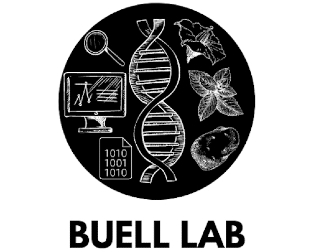Construction of a Minimal Plant Genome

In the 21st century, the nexus of genomics and biotechnology will be the development of plants with improved yield, nutrition, and market quality, enhanced resilience to biotic and abiotic stressors, increased sustainability, and/or novel phenotypes such as the ability to sequester carbon or synthesize bio-products, biomaterials, and new-to-nature molecules. To achieve this ‘Third Green Revolution’ in agriculture, we need the ability to engineer complex pathways and processes to harness the sustainable production platform of plants. Development of minimal bacterial and yeast genomes have permitted the rewriting of genomes and enhanced the utility of engineered microbes for biotechnology. Advancing plant genome engineering methods and resources are essential for plants to be utilized as sustainable platforms in the bioeconomy.
In this project, we will develop a gene editing platform at scale that will be used to generate novel plant genotypes with reduced gene content and redundancy, which can serve as chassis (i.e., a platform) to rapidly engineer plants with new phenotypes and test heterologous genes relevant to biological processes of interest. This project will be the first phase in creating a true minimal plant genome, such that we can begin to rewrite the genome for new-to-nature molecules and biological processes. Due to its small stature, rapid life cycle, and amenability to transformation, the logical choice for creating a minimal plant genome is Arabidopsis thaliana, the mouse-ear cress.
Project Participants
- Principal Investigator:
- C. Robin Buell, PhD, University of Georgia
- Co-Principal Investigators:
- Natalie Deans, PhD, University of Georgia
- Daniel Voytas, PhD, University of Minnesota
Contact
Robin.Buell@uga.eduFunding
- This project is funded by the National Science Foundation Cellular & Biochem Engineering and Systems and Synthetic Biology program
- NSF award number 2308873
